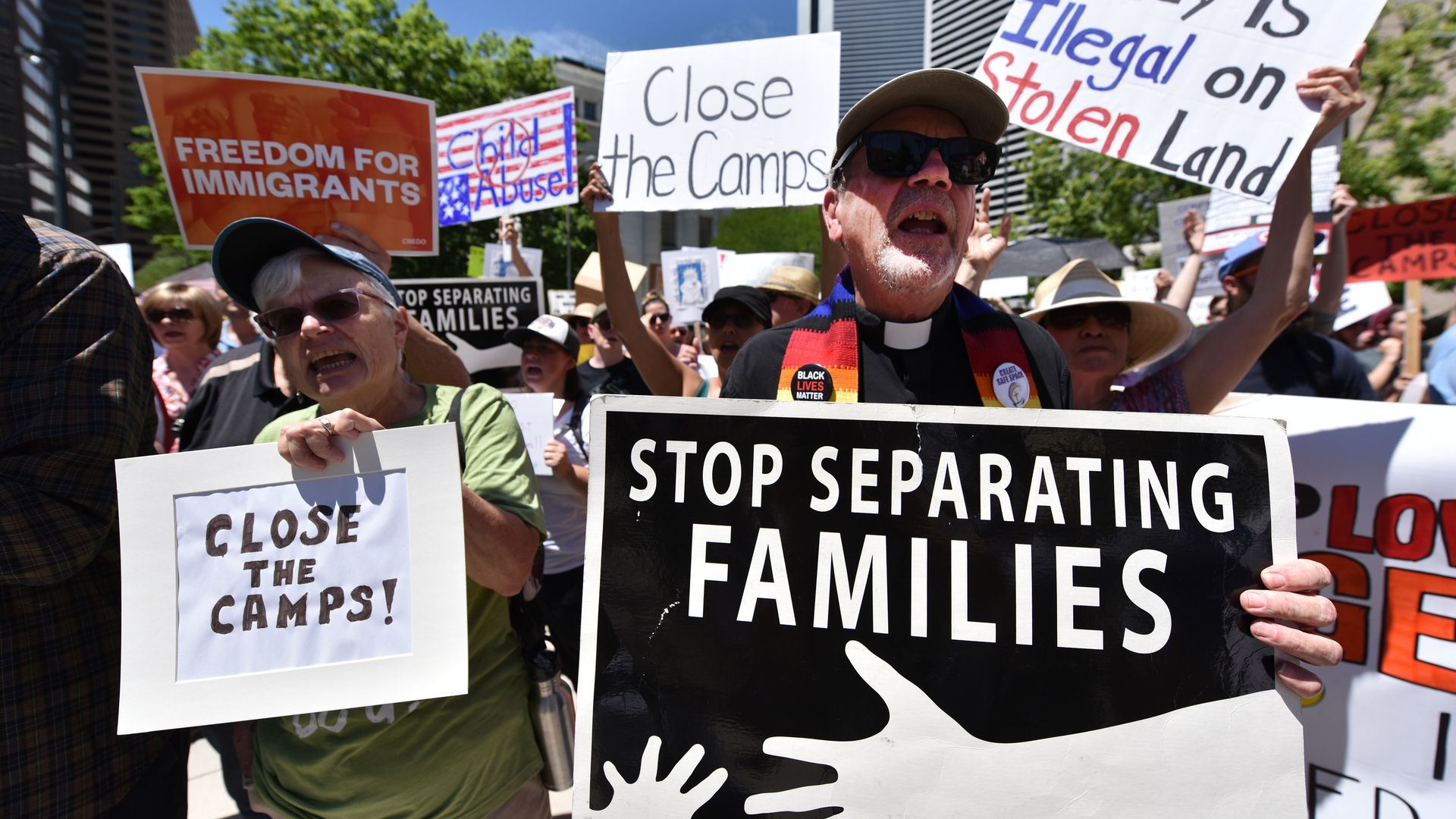Nov 27, 2019 - Politics & Policy
DHS never had technology needed to track separated migrant kids
Add Axios as your preferred source to
see more of our stories on Google.

Photo: Tom Cooper/Getty Images
Add Axios as your preferred source to
see more of our stories on Google.

Photo: Tom Cooper/Getty Images